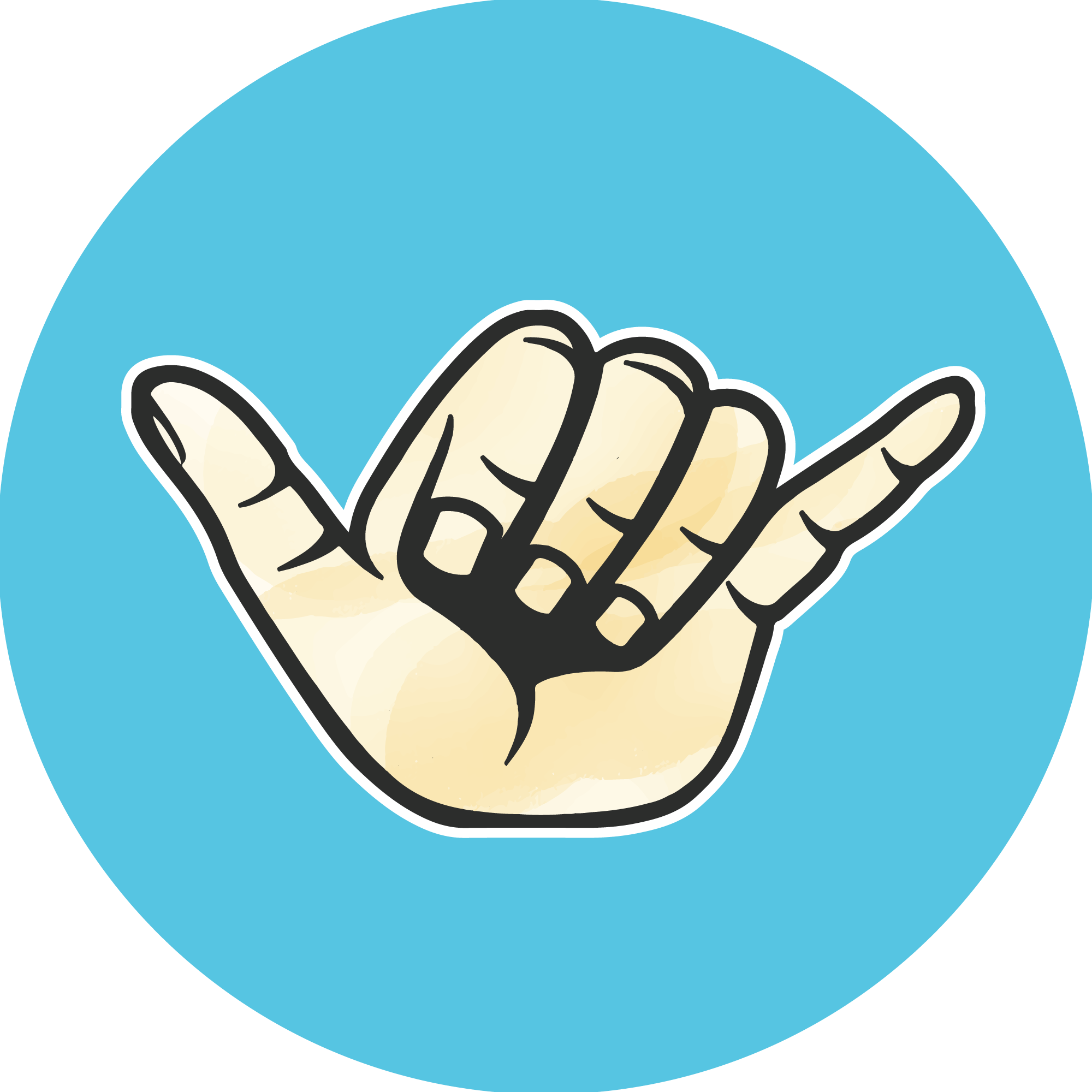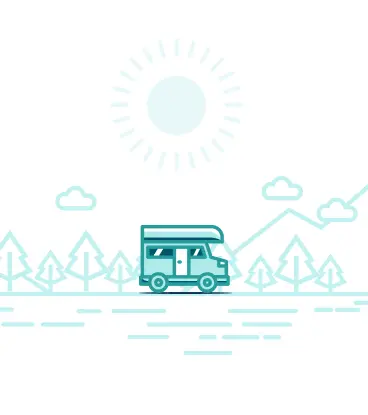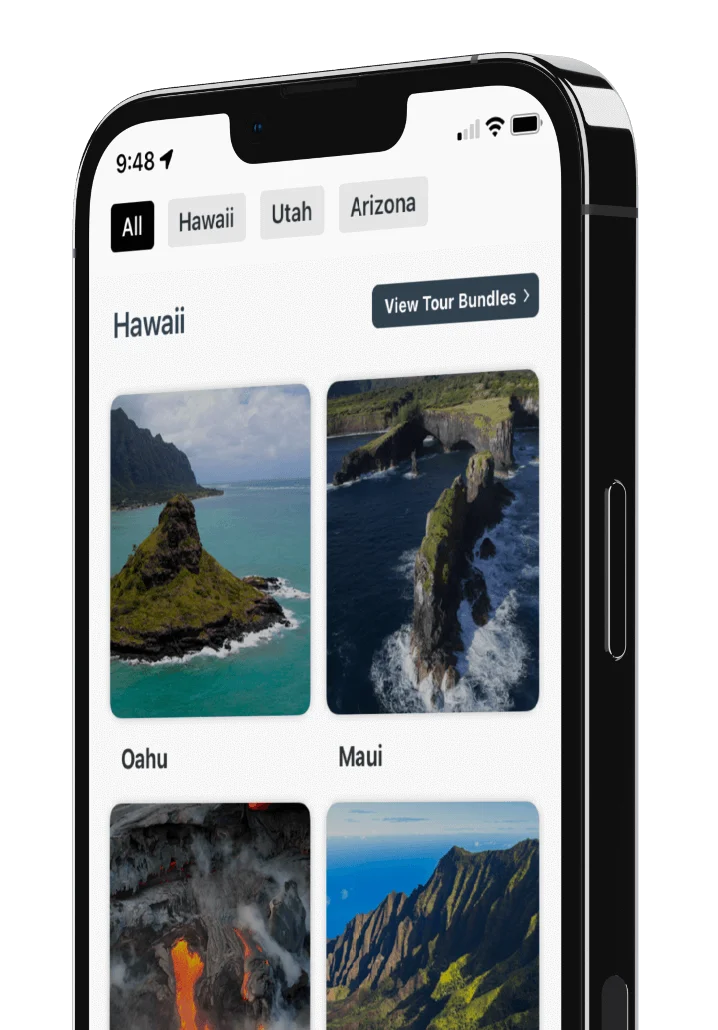
Go Slugs! - A Redwood National Park Story by Shaka Guide

[Transcript]
Well, so long, beach. Now, for our next adventure, we're heading back to the Redwood Forest. But before we get there, I'd like to introduce you to one of the park's most iconic creatures, so you can keep a lookout for them on the trail.
Meet the Banana Slug
Now, I'm talking about the Slippery Slimey Banana Slug. It's about the size and color of a banana, and this cousin of the snail grows up to about 10 inches long and is the second-largest slug on the planet. This fascinating forest creature has two sets of tentacles on its head.
These super-sensory organs help the slug feel, smell, and see. Dark dots at the end of the longer tentacles, that's the eye stems. Slugs use them to search for food and can move them in all directions, kind of like a periscope.
Now, banana slugs have an important job in the forest ecosystem, eating and pooping. You see, they eat a variety of organic material. Then, what they leave behind is nitrogen-rich fertilizer.
Slug poo helps new forest growth and disperses spores and seeds. Hey, who knew?
The Power of Slime
Of course, the banana slug's most distinguishing feature is slime. Now, while you might think slime is disgusting, a slug's mucus coating is actually quite amazing.
You see, slime keeps slugs hydrated. It helps them move along the ground and protects their soft bodies from sharp objects. And because of its foul taste and mouth-numbing effects, the slime discourages predators from eating the slugs.
Fun fact, the official mascot of the University of California at Santa Cruz is a banana slug named Sammy. With no known predators, Sammy the slug causes opponents to tremble in their shoes. Go slugs!
Ready to take the tour? Check out Shaka Guide's Redwood National & State Park Tour!
We hope that we’ve given you all the information you need to make the most of your day. Your vacation is extremely important to us so if you have any questions feel free to reach out at aloha@shakaguide.com.
For more detailed information to help you plan, check out our Redwood National & State Park Itinerary.



















